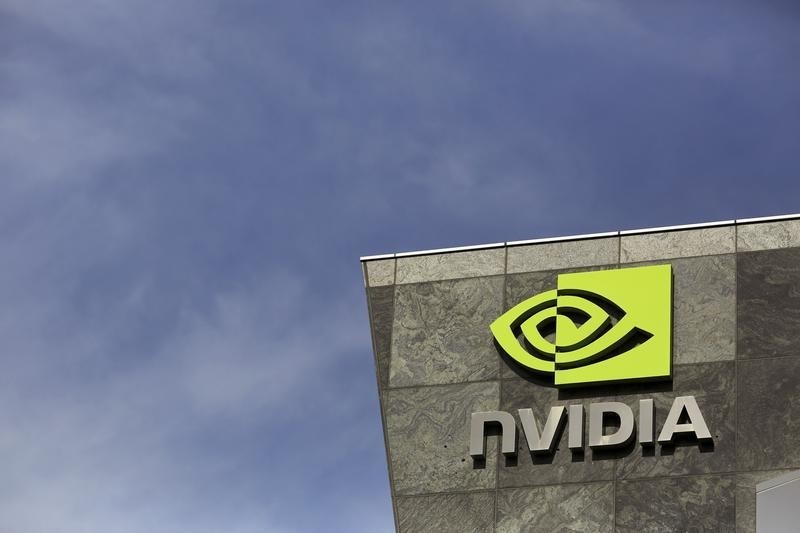Quiver Quantitative - Nvidia Corporation (NASDAQ:NVDA), a frontrunner in artificial intelligence technology, is facing a legal challenge over its use of copyrighted works to train its AI platform, NeMo. This lawsuit, filed by authors Brian Keene, Abdi Nazemian, and Stewart O'Nan in the San Francisco federal court, accuses Nvidia of using their copyrighted books without permission. The plaintiffs claim their works were part of a substantial dataset used to train NeMo's language models. Nvidia's removal of these works from its training dataset in October, following copyright infringement reports, is perceived by the authors as an admission of infringement. This lawsuit places Nvidia in the growing litigation landscape confronting AI companies over generative AI technologies.
The legal action against Nvidia signals a pivotal moment in the ongoing debate over intellectual property rights in the era of AI. The authors, seeking unspecified damages, highlight a broader concern: the ethical and legal implications of using copyrighted material to train AI systems. This case exemplifies the complexities AI companies face as they navigate the intersection of technological innovation and copyright law. Nvidia's situation mirrors challenges faced by other tech giants like OpenAI, creator of ChatGPT, and its partner Microsoft (NASDAQ:MSFT), who have also been embroiled in similar legal disputes.
Market Overview: -This article focuses on the technology sector, particularly the potential legal challenges surrounding training data for artificial intelligence (AI). -Nvidia, a leading chipmaker heavily invested in AI, is being sued by authors who claim their copyrighted works were used without permission to train Nvidia's NeMo AI platform.
Key Points: -Authors Sue Nvidia: Three authors allege Nvidia used their copyrighted books to train NeMo without permission, leading to a lawsuit filed in San Francisco. -Dataset Removal: Nvidia removed the dataset in question (containing nearly 200,000 books) after copyright infringement reports, which the authors see as an admission of guilt. -Generative AI and Copyright: This lawsuit highlights the growing legal concerns surrounding the use of copyrighted material in training generative AI models. -Damages Sought: The authors are seeking unspecified damages for U.S. writers whose works were potentially used by Nvidia's NeMo platform in the last three years. Nvidia's Silence: Nvidia has yet to comment on the lawsuit.
Looking Ahead: -This lawsuit could set a precedent for future copyright issues related to AI training data. -The legal battle may impact the development and adoption of generative AI models. -Despite the lawsuit, Nvidia's strong financial performance (including a nearly 600% stock price increase since late 2022) suggests continued investor confidence.
The rise of AI has been a boon for Nvidia, a company whose stock value has surged by almost 600% since the end of 2022, reflecting investor confidence in its technological advancements. Based in Santa Clara, California, Nvidia's market value has soared to nearly $2.2 trillion, underscoring its significant role in the burgeoning AI industry. However, this lawsuit underscores the potential legal hurdles that could impact the company's trajectory, as it navigates the complex landscape of AI development and copyright law.
This case, officially registered as Nazemian et al v Nvidia Corp in the U.S. District Court for the Northern District of California, No. 24-01454, is set to be a landmark in the evolving discourse around AI and copyright. As AI continues to advance rapidly, this lawsuit is emblematic of the challenges that lie ahead for AI companies. It raises critical questions about the balance between fostering innovation and respecting intellectual property rights, a balance that will be crucial for the sustainable development of AI technologies.
This article was originally published on Quiver Quantitative
